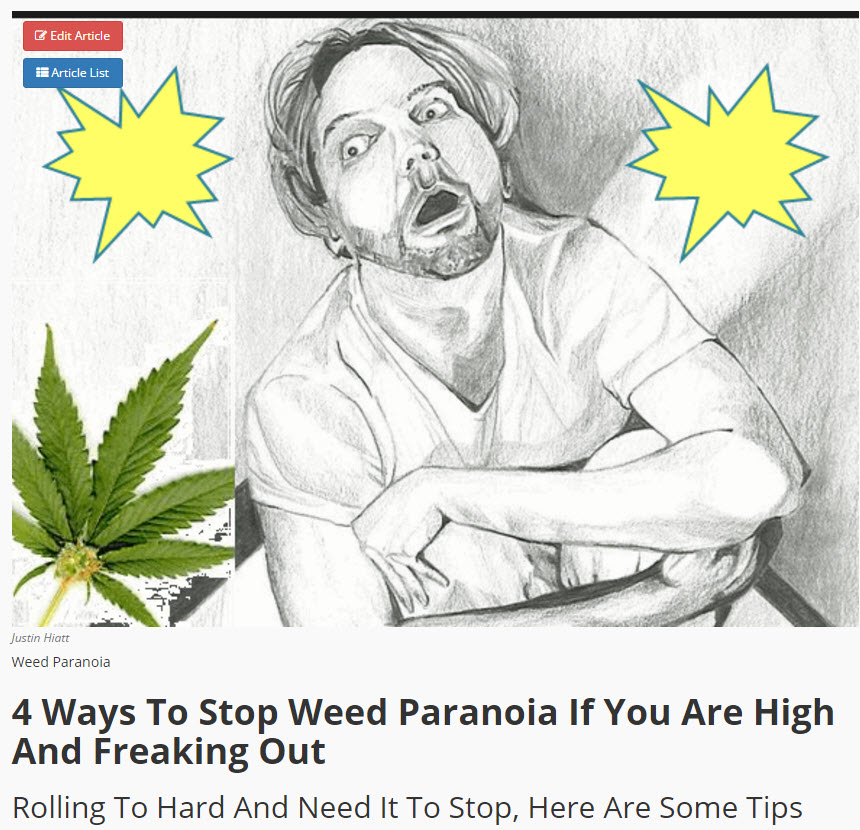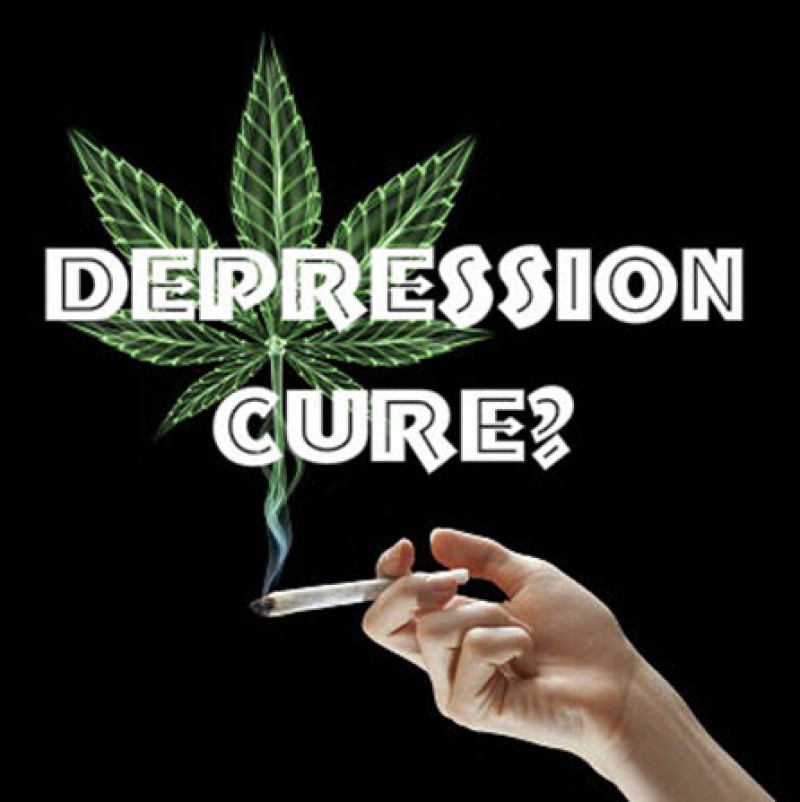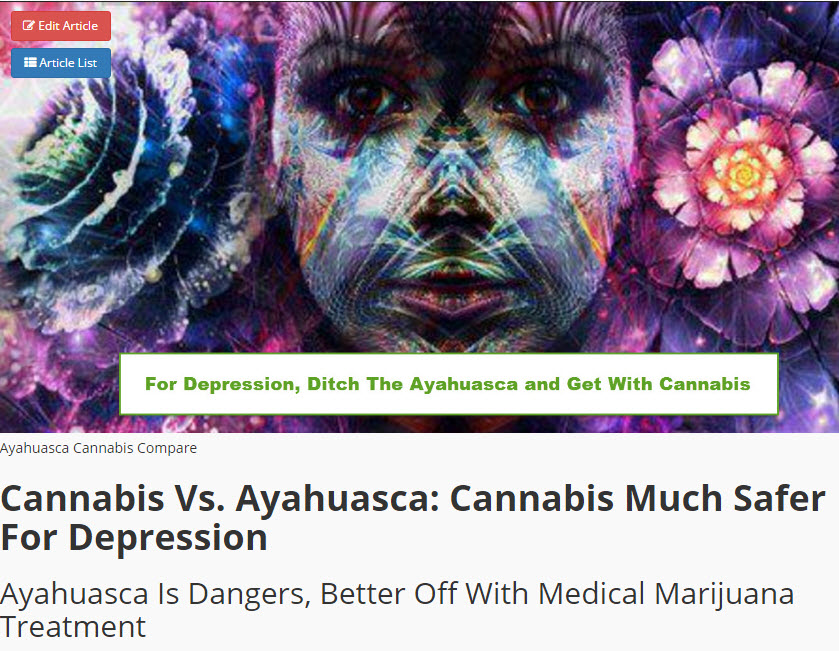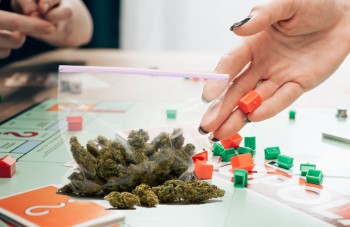Cannabis for Depression and Anxiety?
Medical Cannabis for Anxiety and Depression from CannabisNet on Vimeo.
Whether you’ve got the Monday blues or are suffering from chronic depression, feel free to light up: Cannabis gives high hopes for days you’re feeling a little hopeless.
Millions of Americans have to live with depression. It’s a dark place that no one wants to be; depression can be so debilitating that it can become difficult to get out of bed, go to work, and even interact with loved ones. In certain cases, depression can become so severe that patients sometimes even think about or resort to suicide.
More often than not, those who suffer from depression are prescribed antidepressants which have proven addicting and deadly. Therapy is also another method of coping, but let’s be honest, seeing a shrink isn’t exactly light on the pocket. Because conventional medicine hasn’t been successful at treating depression this has caused more people to find alternative treatments to cope with the dark days.
Fortunately, depression is one of the major conditions that cannabis has been able to treat. The efficacy of cannabis in treating mood disorders even dates back to antiquity when the use of cannabis for depression was first suggested in a publication entitled The Anatomy of Melancholy in 1621. Thanks to hundreds of scientific studies analyzing the effects of cannabis on depression, we now know today why the herb is such a powerful antidote, giving it the nickname “green Prozac”.

Restores Balance In The Endocannabinoid System
A study from the University of Buffalo’s Research Institute on Addictions examined the connection between pot and certain ailments, which varied from chronic pain to post-traumatic stress disorder. The researchers discovered that when people are emotionally stressed, they produce less endocannabinoids or the compounds in the brain that are responsible for regulating our moods. When there is less endocannabinoid production in the brain, this is when people tend to suffer more anxiety, depression, and stress.
The researchers used lab rats and exposed them to high levels of stress. They were then given cannabinoids from cannabis to analyze if the endocannabinoid levels were affected. Cannabis was used because of the high amounts of THC, which has the same chemical makeup as the endocannabinoids in the body, and which has been shown to activate the endocannabinoid system. According to Dr. Samir Haj-Dahmane, the study’s lead researcher: “Using compounds derived from cannabis -- marijuana -- to restore normal endocannabinoid function could potentially help stabilize moods and ease depression.”
Increases Serotonin
A study by McGill University discovered that synthetic THC has been effective as an anti-depressant when taken at low doses. This leads us to assume that if synthetic versions may work well, then the real thing could work even better. The study found that low doses of THC were effective in increasing serotonin levels in mice. On the other hand, taking too much THC may actually deplete serotonin and may exacerbate symptoms of depression.
Serotonin is an important neurotransmitter which is responsible for regulating sleep, libido, and appetite. Serotonin also plays a vital role in the central nervous system because it communicates with other receptors to perform numerous biological functions.
While the medical and scientific community is still unsure about the role of serotonin levels in depression, most pharmaceutical treatments that are used to combat depression are focused on increasing serotonin levels. This is the reason why many anti-depressants are classified as SSRI’s which stands for selective serotonin reuptake inhibitors.
Straight From The Horse’s Mouth
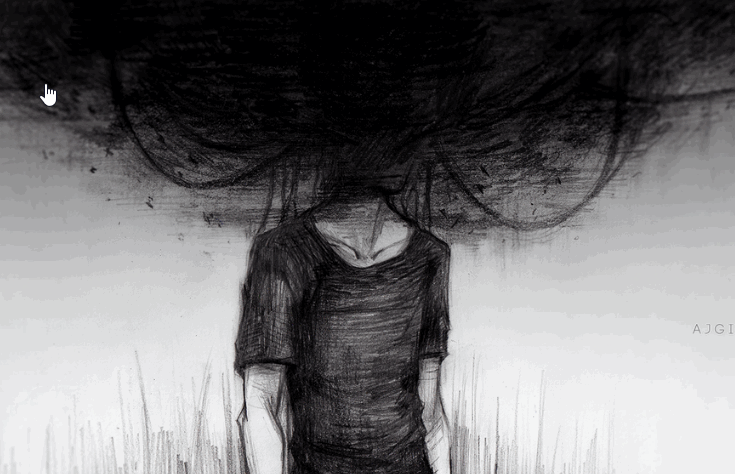
Despite the fact that there are still doctors who prescribe deadly anti-anxiety and anti-depression medications, there are those in the medical community who agree that cannabis can treat depression and we also can’t deny the numerous cases of anecdotal evidence even though more studies still need to be done.
-
In a publication entitled “High on Life? Medical Marijuana Laws and Suicide”, doctors stated: “Consistent with the hypothesis that marijuana can be an effective treatment for depression and other mood disorders, there appears to be a sharp decrease in the suicide rate of 15- through 19-year olds males in the treatment states as compared to the control states approximately two years after legalization...
-
Our results suggest that the legalization of medical marijuana is associated with a 5 percent decrease in the total suicide rate, an 11 percent decrease in the suicide rate of 20- through 29-year-old males, and a 9 percent decrease in the suicide rate of 30- through 39 year-old-males. Estimates for female suicide rates are generally measured with less precision and are sensitive to functional form... “
-
In a 2003 book by George McMahon, a patient of medical marijuana who participated in the US FDA’s Investigational New Drug Program: “People who have never struggled with a life threatening or disabling illness often do not comprehend how debilitating the resulting depression can be. Long days spent struggling with sickness can wear patients down, suppress their appetites and slowly destroy their wills to live. This psychological damage can result in physiological effects that may be the difference between living and dying.
-
The elevated mood associated with cannabis definitely affected my health in a positive manner. I was more engaged with life. I took walks and rode my bike, things I never considered doing before in my depressed state, even if I had been physically capable. I ate regular meals and I slept better at night. All of these individual factors contributed to a better overall sense of well-being.”
-
A 2012 article entitled “Implementation of the Compassionate Use Act In Family Medical Practice: Seven Years Clinical Experience”: “With appropriate use of medical cannabis, many of these [cannabis-using] patients have been able to reduce or eliminate the use of opiates and other pain pills, ritalin, tranquilizers, sleeping pills, anti-depressants and other psychiatric medicines, as well as to substitute the use of medical cannabis as a harm reduction measure for specific problematic or abused substances with a much more serious risk profile (including alcohol, heroin/opiates, and cocaine).”
-
In a 2003 article by Dr. Jay Cavanaugh entitled “Cannabis and Depression”: “Numerous patients report significant improvement and stabilization with their bipolar disorder when they utilize adjunctive therapy with medical cannabis. While some mental health professionals worry about the impact of cannabis on aggravating manic states, most bipolar patients trying cannabis find they 'cycle' less often and find significant improvement in overall mood. Bipolar disorders vary tremendously in the time spent in the depressive versus manic states. Those who experience extended depressive episodes are more likely to be helped with cannabis.
-
Patients who use cannabis to 'relax' may be treating the anxiousness sometimes associated with depression. Cannabis aids the insomnia sometimes present in depression and can improve appetite. Better pain control with cannabis can reduce chronic pain related depression. While cannabis cannot yet be considered a primary treatment of major depression it may improve mood when used under physicians supervision and in combination with therapy and/or SSRI's."
There are dozens of strains available today that have been cultivated especially to target depression. Patches, edibles, and strains can all be used throughout the day or during specific times to help you emotionally when you need it the most. With the appropriate strain and dosage, you can leave the sad days behind you.
If you are looking to try cannabis to treat depression, you may want to consider trying these strains:
OTHER STORIES YOU MAY ENJOY...
AYAHUASCA AND CANNABIS FOR DEPRESSION, CLICK HERE...
OR..
